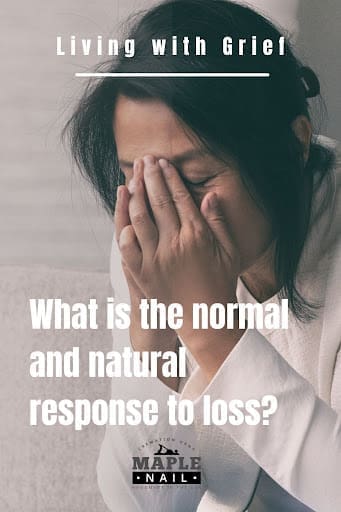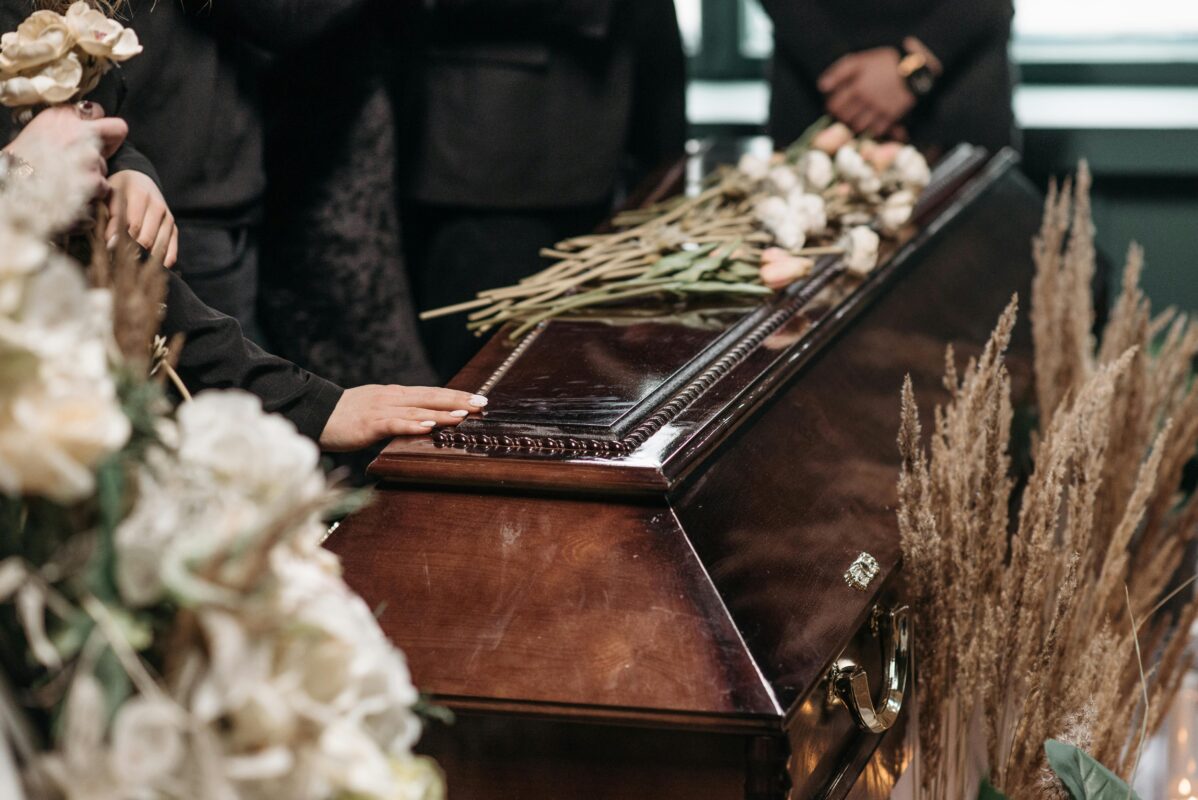Dealing with Grief
How do you describe the normal and natural response to loss?
How do you describe the normal and natural response to loss? When you or someone you love is mourning, it can be very lonely. While the rest of the world goes about their own business, when you experience a profound loss, the emptiness and loneliness can be excruciating. So what is a normal and natural response to loss?
What is normal in this period of grief is different for everyone, and it’s important to recognize that no two people will handle loss the same way. There are many factors that affect someone who is grieving, ranging from the closeness of the lost relationship, all the way to personality. It’s not uncommon for people in the depths of grief to feel like there is something wrong with them. The pain is so physically and mentally painful at times, they feel like there is something abnormal with what they are feeling.
Whether you are someone who is grieving or are close to someone who is, it’s important to note that there is no “normal” grief process. We will all experience it differently and in unique ways. So what are some of the (often overlooked!) normal and natural ways that someone can respond to a loss?
What is the normal and natural response to loss?

1. Grief will have varying emotional responses.
No two people will feel the same emotions during the period after a loss. Emotions will likely fluctuate from despair, disbelief, anger, sadness, denial, hopelessness, loneliness and so much more. No emotions felt during grief should make a person feel guilty. It’s the human body’s way of processing the loss and the effect it will have on your life.
There is no right or wrong when it comes to how long some emotions last or which ones a person feels. A very sad person can look very angry on the outside. While you may not be able to relate to those emotions in grief, know that it’s normal. Try to offer support even when the emotions are difficult to deal with. Or if you are a person dealing with the uglier side of grief, don’t be afraid to reach out for help.
A person who is grieving should be treated just as we treat someone who is depressed. Never judge the emotions they are feeling or tell them how they “should” feel. And watch out for signs of hopelessness. Check-in with the person often. And don’t over-isolate yourself if you are grieving and alone. Allow people to support you.
2. Grief can cause physical responses in the body.
Emotions are only one part of grief, and the toll the emotions take on the body can cause very real physical responses.
Some may have trouble sleeping, the immune system can be compromised, and inflammatory diseases can flare up. When physical responses start creeping in, it’s important to take care of the person who is grieving. A normal and natural response to loss may be physical, but letting the health of the person grieving be compromised will only prolong the healing process. If you know a person experiencing physical responses from grief offer them support. Or if you are grieving and are experiencing health issues, please reach out for help. Call a friend or family member and make an appointment with your doctor if possible.
3. Grief can cause lesser-known mental issues.
It’s easy to recognize the emotional responses to grief, but there are other mental issues that are important to notice. Forgetfulness, lack of concentration, confusion, and poor memory…these are all side effects of the emotional toll that loss can have on the body.
These mental issues are usually temporary as the brain copes with the loss, but the frustration that they cause is real.
4. Profound loss can cause Spiritual side effects.
When a person loses someone who was close to them, it can cause them to question deeply-held spiritual beliefs that they never questioned before.
Their whole world was just ripped out from underneath them. A normal part of the grief process can be questioning their faith and looking for answers and reassurance.
While answers are likely not easy and reassurance may not be well-received, make sure the one who is grappling with these questions has someone they can talk it through with. This may be a friend, family member, clergy, or a mixture of all three. Make sure that spiritual support isn’t overlooked when coping with a loss.
What is the best way to grieve?
While there is no “normal” to the stages of grief, there are some things you can do to encourage healing in the process. Hobbies shouldn’t be forgotten, friends and family shouldn’t be pushed away, and self-care becomes even more important. Trying to hold on to pieces of the person who existed before the loss can help them heal as a new version of themselves after the loss.
It’s a long process, but there is hope for tomorrow. The beautiful thing about grief is that the depth of the loss only testifies to the impact one life had on another. So while there is pain in the process, it expresses a love that can never be replaced.
A love you’d rather recover from than never feel at all.
So above all, allow Grace in grieving.

